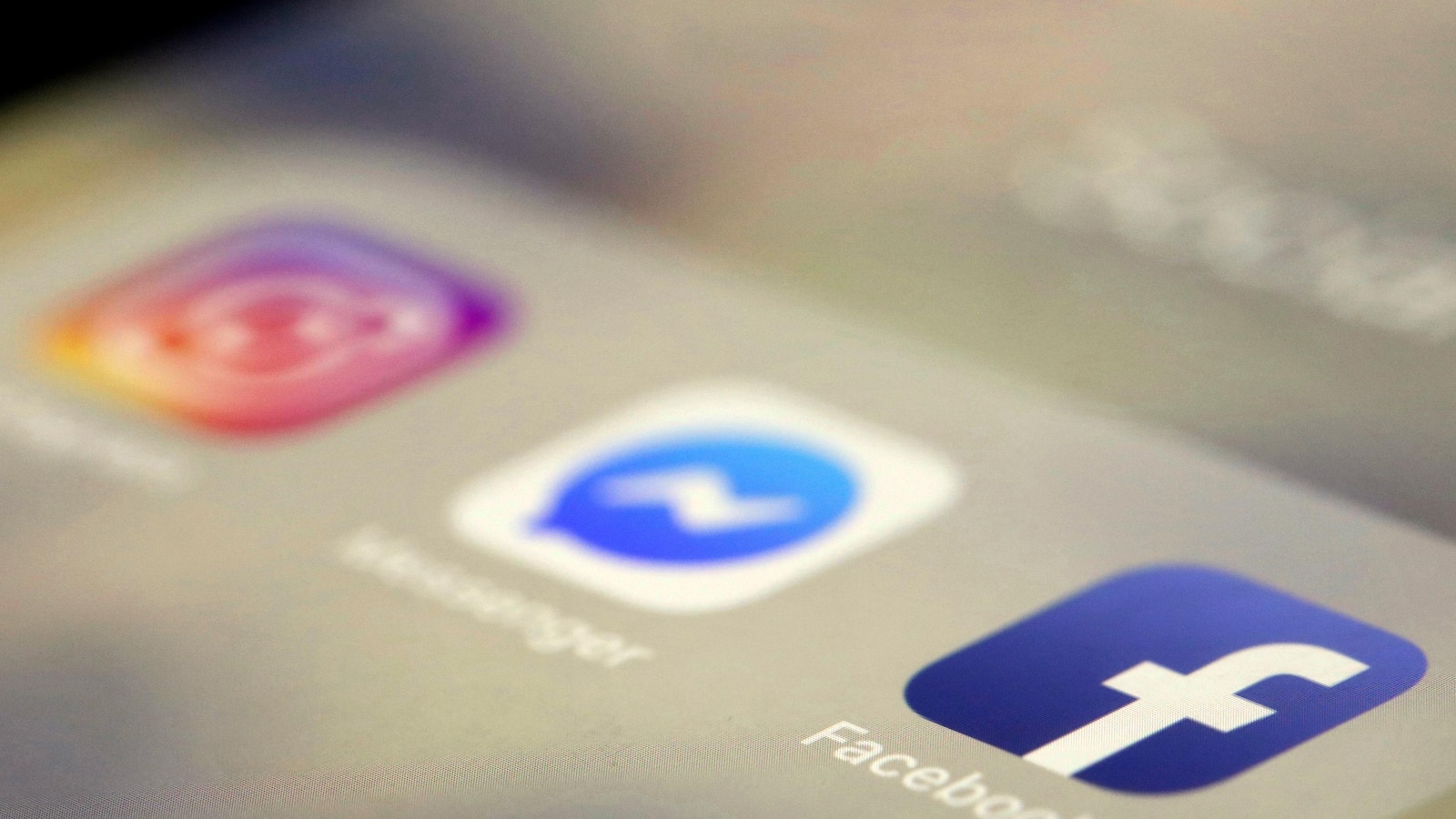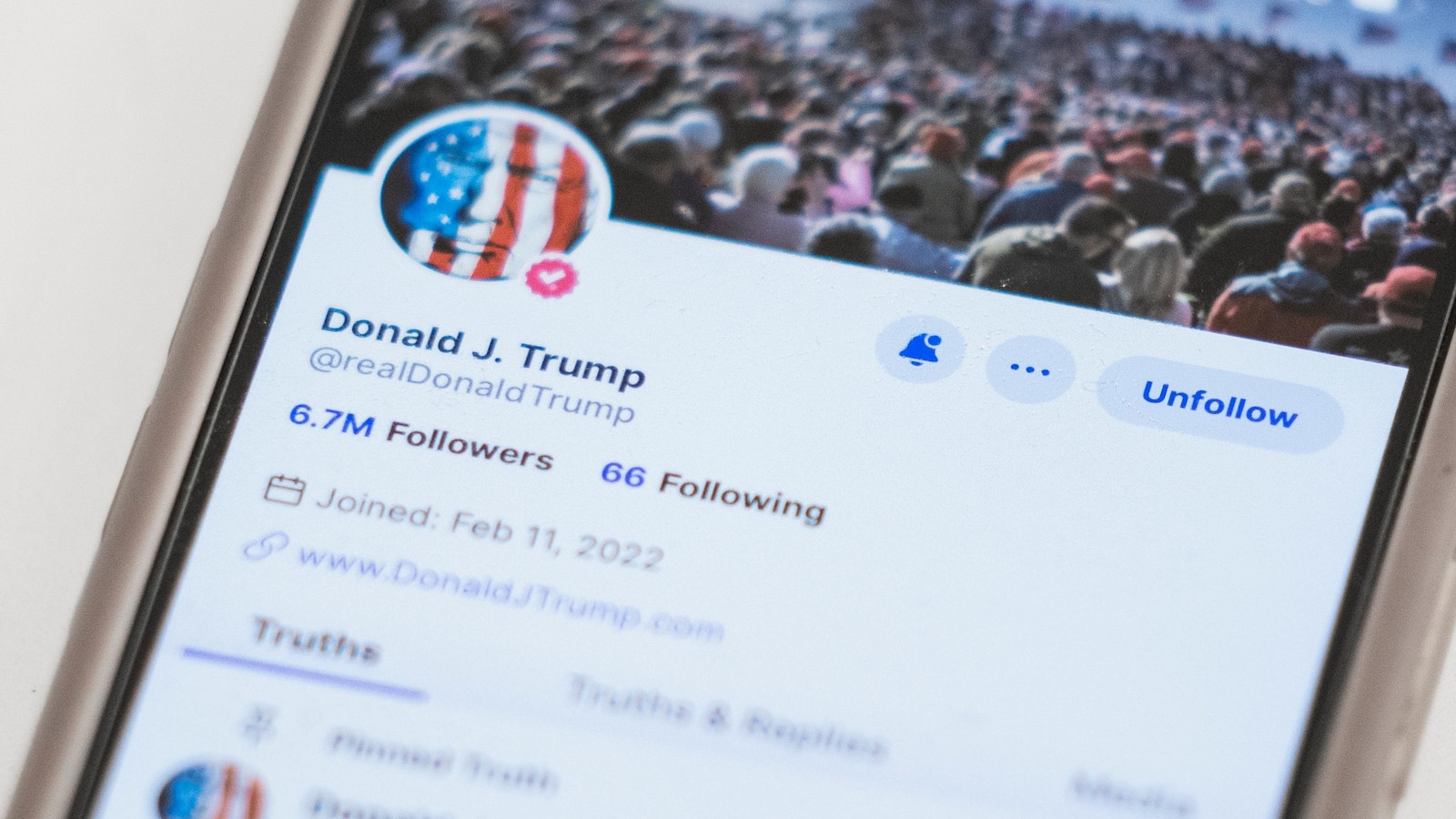
Nearly three-quarters of U.S. teens say they feel happy or peaceful when they don’t have their phones with them, according to a new report from the Pew Research Center.
In a survey published Monday, Pew also found that despite the positive associations with going phone-free, most teens have not limited their phone or social media use.
The survey comes as policymakers and children’s advocates are growing increasingly concerned with teens’ relationships with their phones and social media. Last fall, dozens of states, including California and New York, sued Instagram and Facebook owner Meta Platforms Inc. for harming young people and contributing to the youth mental health crisis by knowingly and deliberately designing features that addict children. In January, the CEOs of Meta, TikTok, X and other social media companies went before the Senate Judiciary Committee to testify about their platforms’ harms to young people.
Despite the increasing concerns, most teens say smartphones make it easier be creative and pursue hobbies, while 45% said it helps them do well in school. Most teens said the benefits of having a smartphone outweigh the harms for people their age. Nearly all U.S. teens (95%) have access to a smartphone, according to Pew.
Majorities of teens say smartphones make it a little or a lot easier for people their age to pursue hobbies and interests (69%) and be creative (65%). Close to half (45%) say these devices have made it easier for youth to do well in school.
The poll was conducted from Sept. 26-Oct. 23, 2023, among a sample of 1,453 pairs of teens with one parent and has a margin of error of plus or minus 3.2 percentage points.
Here are some of the survey’s other findings:
— About half of parents (47%) say they limit the amount of time their teen can be on their phone, while a similar share (48%) don’t do this.
— Roughly four in ten parents and teens (38% each) say they at least sometimes argue with each other about how much time their teen spends on the phone. Ten percent in each group said this happens often, with Hispanic Americans the most likely to say they often argue about phone use.
— Nearly two-thirds (64%) of parents of 13- to 14-year-olds say they look through their teen’s smartphone, compared with 41% among parents of 15- to 17-year-olds.
— Forty-two percent of teens say smartphones make learning good social skills harder, while 30% said it makes it easier.
— About half of the parents said they spend too much time on their phone. Higher-income parents were more likely to say this than those in lower income buckets, and white parents were more likely to report spending too much time on their phone than Hispanic or Black parents.
A recent survey conducted by a leading research firm has revealed some interesting insights into the relationship between teenagers and their smartphones. The survey found that a majority of teens reported feeling happy or peaceful when they were not using their smartphones.
This finding may come as a surprise to many, as smartphones are often seen as essential tools for communication, entertainment, and social connection for teenagers. However, the survey results suggest that there may be a downside to the constant use of smartphones among young people.
The survey, which included responses from over 1,000 teenagers across the country, asked participants to rate their feelings of happiness and peace when using their smartphones compared to when they were not using them. The results showed that 65% of teens reported feeling happy or peaceful when they were not using their smartphones, compared to only 35% who said they felt the same when using their devices.
This discrepancy in feelings suggests that there may be a correlation between smartphone use and negative emotions among teenagers. It is possible that the constant notifications, social media pressure, and screen time associated with smartphones may be contributing to feelings of stress, anxiety, and dissatisfaction among young people.
Experts believe that the findings of this survey highlight the importance of taking breaks from smartphone use and finding balance in how we interact with technology. Encouraging teenagers to engage in offline activities, spend time in nature, and connect with friends and family in person may help to improve their overall well-being and mental health.
Parents and educators can also play a role in promoting healthy smartphone habits among teenagers. Setting limits on screen time, encouraging open communication about technology use, and modeling positive behaviors around smartphones can all help to create a healthier relationship between teens and their devices.
Overall, the survey findings suggest that while smartphones can be valuable tools for communication and entertainment, it is important for teenagers to take breaks from their devices and prioritize activities that promote happiness and peace. By finding a healthy balance between technology use and offline activities, teenagers can improve their overall well-being and mental health.


